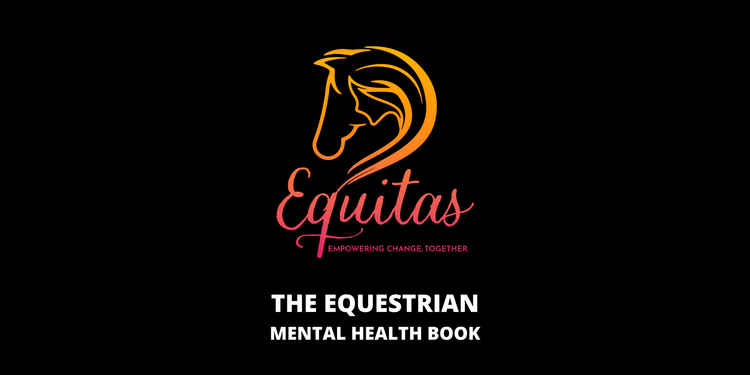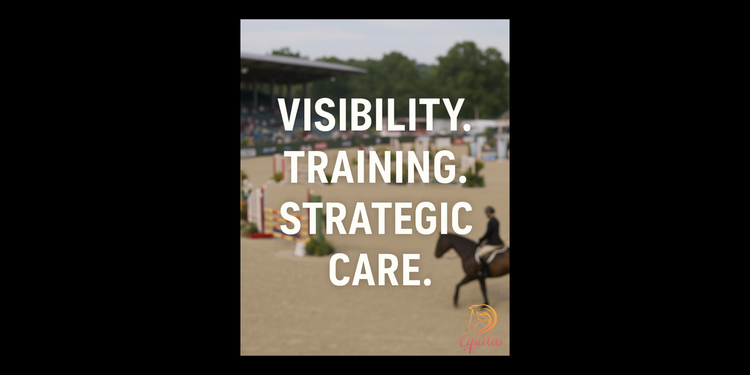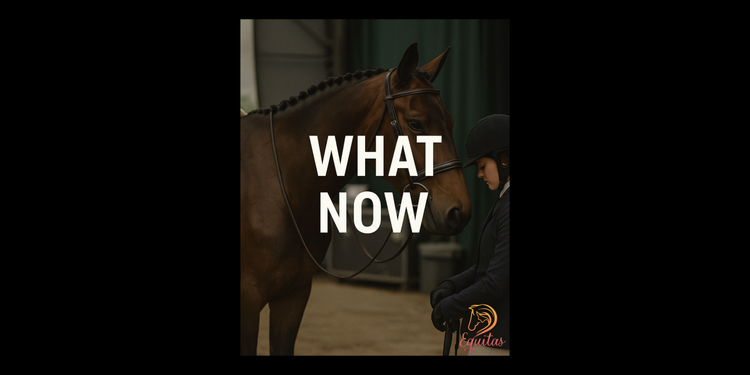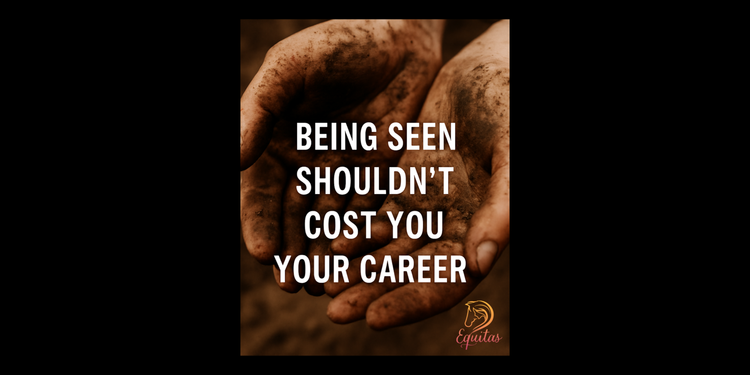The Summit That Didn’t Happen: What Silence Says About Our Industry

In 2023, Equitas announced the cancellation of the planned Equestrian Mental Health Summit. It was conceived as a central platform for equestrian organisations, support services, and professionals to come together for an honest, structured conversation about mental health and suicide in the industry.
According to the official Equitas press release:
“Despite early interest, the Summit did not receive the level of strategic backing, sponsorship, or industry endorsement required to deliver the impact and safety it was designed to provide.”
The event was not cancelled due to logistics. It was cancelled because the support needed—particularly from industry decision-makers—did not materialise. This silence sent a clear message: despite the data, the public loss, and the rising conversation, mental health still does not receive the strategic priority it demands in equestrian sport.
The Summit was designed to be action-led, not awareness-driven. It was built to:
- Bring together international mental health initiatives for equestrians.
- Share lived experience in a safe, trauma-informed environment.
- Create a roadmap for improving access, visibility, and culture around mental health support.
Its cancellation revealed a deeper problem: not the absence of care, but the absence of commitment.
When an industry has the opportunity to engage with practical, coordinated mental health solutions—and chooses not to—what does that reflect?
This isn’t about shaming individuals or organisations. It’s about acknowledging a pattern: where equestrian professionals continue to experience disproportionately high levels of psychological distress and suicide risk, collective responses remain fragmented or delayed.
Several organisations continue to offer vital services:
- Riders Minds, offering 24/7 confidential support.
- Racing Welfare, providing on-the-ground mental health first aiders and access to counselling.
- Equuip, offering training and an assistance programme to Ireland’s racing workforce.
- Grooms Minds, supporting one of the most under-recognised workforces in the sport.
These services matter. But the cancellation of the Summit confirmed what many already suspected: without full-spectrum industry engagement—including governing bodies, federations, and event organisers—existing efforts are being forced to operate without the infrastructure, visibility, or strategic integration required to create lasting change.
There are people trying. There is progress in places. But the fact remains: we are not yet doing enough.
Equitas created the Equestrian Mental Health Booklet as a direct action step following the cancellation. It is a free, accessible guide to recognising signs of mental distress, understanding the realities of suicide risk in equestrianism, and creating safer professional environments. It is available at www.equitas.ie

Next week, in the final piece of this series, we move from reflection to responsibility. What can equestrianism do—globally and locally—to build a culture that protects, not just performs?





